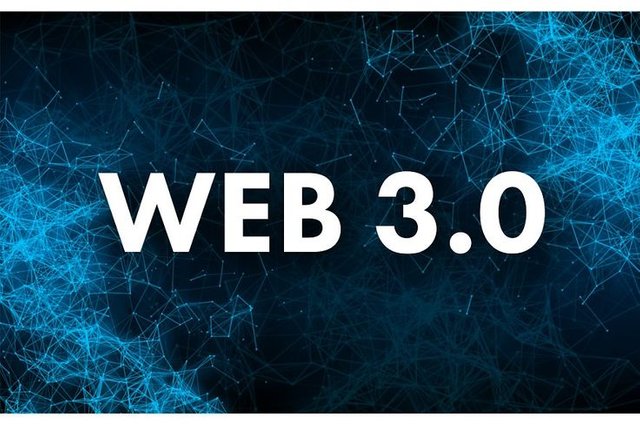Web3 and the decentralized internet: What it means for creators and developers

SOURCE: https://pin.it/2tJymjq58
There is a significant shift happening on the internet. Web3 is here and the power that it offers to a consumer-centric digital landscape, especially among creators as well as developers can be overwhelming. This shift has the power to put individuals back in control, break entrenched business models and change how we all interact online.
Web3 is at its core a demand for decentralisation, seeking to redistribute power from authoritative and controlled entities to an internet that is more publicised as well as in self service. At the end of my article, let me leave you with a sneak-peek at web3. Web3 is powered by next-gen technologies like blockchain, cryptocurrencies and distributed ledgers which promises to put users in control of their data— be it your digital asset or online identity.
Web3: The True Democratisation of the Internet For creators, Web 3 provides an opportunity to break free from these wicked members between their jobs and reap the profits. Big platforms largely control the existing web, often using creators to generate content and data that benefits them while taking a large cut of its profit. Web3, on the other hand, opens up possibilities for creators to monetize their work more directly and form stronger relationships with their followers by enabling them to maintain ownership of what they create online.
With the help of non-fungible tokens (NFTs), creators are finally able to mint and sell genuinely one-of-a-kind digital assets, whether that be art or music files, virtual property or game items. These NFTs create an entirely new revenue stream for creators and allow them to establish a direct connection with fans — who are now able to participate within the creation of their favourite form of art.
Additionally, it provides creators with the ability to test out different business models and monetization strategies through other initiatives like decentralised autonomous organisations (DAOs) or DeFi protocols. For example, DAOs allow creators to work with their fans as a community which collectively govern resources and share in the financial rewards of their initiatives. While DeFi uniquely fundraises new creations and finally lending and passive income tools for creators.
Web3 is, of course, at its heart a libertarian vision for the internet: just as capitalism requires. On your typical web platform, power, data and decision-making are concentrated, which has resulted in problems like censorship;data exploitation etc., this makes all concerned parties desirous Traditional Web platforms tend to centralise control. That is what web3 is trying to solve with more decentralised infrastructures and a high user-ownership of their data or digital assets.
Using blockchain and decentralised storage, Web3 developers can build applications that are more resilient to attacks, secure without central points of failure, and put users in control. For instance, decentralised social media platforms that are founded on the principles of Web3 will enable users to actually own their data and content as well allow them to govern the platform.
Similarly, Web3 gaming and metaverse projects allow developers to create deep player-owned experiences that enable users to own the digital assets they earn or buy. Such a movement from the traditional model to a user-owned digital economy would pave the way for new monetization models that can help sustain developers as well as provide more earning opportunities to players.
Yet, this premise comes with unprecedented challenges faced by the adoption of Web3. Challenges to user adoption and mainstream acceptance of these new technologies and decentralised models will include the need for extensive end-user education, regulatory uncertainties, as well as scalability issues. The future is coming, and developers/creators will have to solve for a changing landscape — iterating on skills + business strategies that reward the new waves of Web3.
With the world of decentralised internet coming to form, it is becoming increasingly obvious how deep these implications run for creators and developers alike. Web3 holds the power to secure our freedom, innovate new protocols and rewrite digital feudalism. Creators and developers who embrace this shift can lead the way through this new era, forging a path towards an open internet of innovation — one that flips the script on what it means to be both creator and platform.